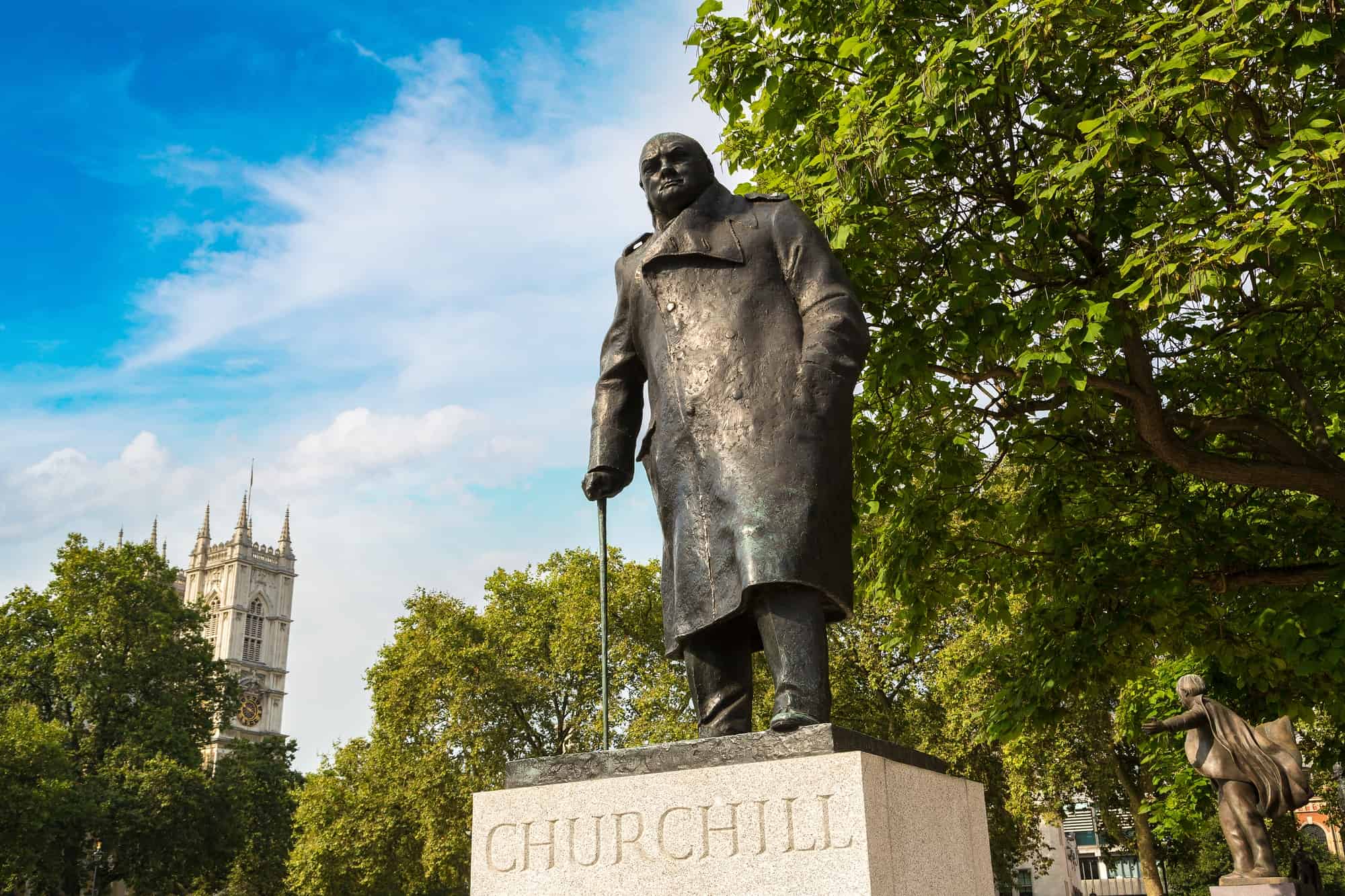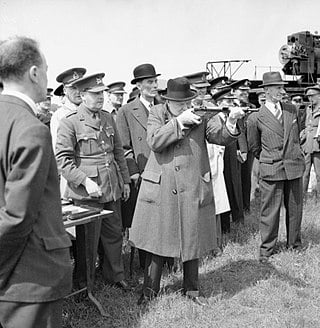
We take a look at the role of the Special Operations Executive and the legacy of Winston Churchill’s highly-trained security services.
We are all used to seeing our favourite stars at red carpet events surrounded by security guards or bodyguards. Close protection and security details are as much a part of the celebrity lifestyle as red carpets, champagne, and the paparazzi. It is easy to think of our security as a new phenomenon fuelled by celebrity-obsessed culture, magazines, and network TV shows.
There is more to the Security Industry than superficiality.
We can trace its history back to Roman times (and even earlier?) where specially trained guards protected Emperors and Kings. Security teams have always been an essential part of keeping people safe. They maintain order and protect the vulnerable. History is full of heroes putting themselves in danger for the sake of others.
The security services have always played a part in warfare. Espionage and information are often keys to victory. Traditionally, security teams have protected couriers transporting messages, prisoners, and other key personnel. They have protected vital locations and services such as government buildings and communications. They are often used to replace military services where these may be otherwise engaged fighting on the front line.
Up until the World Wars, security was often left to the strongest and fittest men. A bodyguard’s worth based on his size and ability to dominate any opponent. Specialist ‘intelligence’ organisations such as MI5 and MI6 came much later on.
Instead of recruiting from the top Universities, Churchill’s security recruitment for the Special Operations Executive (SOE) came from a diverse range of backgrounds. Many were female, many were foreign, and many were from the working classes. Churchill recruited security service operatives for their ability to blend into enemy territory. Language skills were a huge advantage.
The training was intense. Challenges tested recruits’ physical strength and mental resilience. Some of the preparation included bare hand combat, escapology, and live scenarios. These tested an agent’s resourcefulness and ability to think on their feet. All recruits who passed the initial assessments went on to complete intense army-style training. The goal was to increase stamina and mental resilience as well as physical strength. Success required three key ingredients: a keen intellect, a cool head, and excellent strategic thinking.
All three are also essential skills for any successful close protection operative.

Who was Walter H. Thompson?
Walter H Thompson is most famous as Winston Churchill’s bodyguard. He worked with him over many years and was even brought out of retirement to support the Prime Minister during the critical wartime period. Hand-picked by Churchill, he took the lead role in his security detail and became one of the Industry’s most recognisable figures.
The relationship between the two men was one of the utmost trust and respect. He is widely acknowledged to have saved Churchill’s life on at least 20 different occasions.
Thompson first served the politician in the pre-war years when he worked on and off as part of a larger security team. He covered various roles and dealt with different aspects of his safety. Thompson’ retired’ for the first time in 1935 before moving on from the security industry.
The Prime Minister brought him out of retirement to become his own ‘personal’ bodyguard. He selected Thompson ahead of other candidates at the start of his premiership.
Thompson was awarded a British Empire Medal for his services in 1943. However, he didn’t retire (for a second and final time) until a few years later.
The techniques and processes developed by Churchill’s Security operatives are still in use today. We are sure that they will be very familiar to anyone who works in Close Protection services. The first of which is to do with operational planning and assessing threats and risks.
Before landing in enemy territory, SOE Officers planned and prepped for every possibility. Locations were risk-assessed. Exit routes and scenarios worked out well in advance of any deployment.
Close Protection operatives know the value of this kind of detail. They too, need to prepare to expect the unexpected, and so scenario planning is a vital tool of the trade.
Communications between SOE agents and their handlers were of vital importance. Reporting was prioritised and used to keep all parties up to date with progress. Functional interactions facilitated information. Operatives remained aware of any changes and new factors that could impact on their assignments. Churchill’s Security teams even developed their own ‘special suitcase’. It was small enough to hold and disguise vital radio equipment so that agents would avoid getting caught.
Every close protection operative knows the importance of excellent communication. Keeping channels open and checking for updates and changes are vital to both operational safety and success.
Under Churchill’s guidance, SOE Operatives proved that mental strength and agility are far more critical than physical size. Many of Churchill’s security operatives were female. What they lacked in physical stature they certainly made up for in wily and shrewd intelligence. Women blended into their new environments quickly. Adversaries often underestimated female physical and mental strength, so they were perfect for espionage work and ideal foils to fool the enemy.
As with Close Protection work, it isn’t always about physical strength and size. We should never underestimate an operator’s ability to blend in. Intelligence and cunning are far more important than brute force. If a situation ends up needing physical violence to keep principals safe, then it means something, somewhere, has gone very wrong with the operation.
Of course, security details are a bit different from the days of Churchill. Thankfully, there is no sabotage involved in what we do. Hopefully, there is very little need for fighting!
The legacy we owe to organisations such as the SOE is essential to acknowledge. Surveillance, intelligence, and training in our industry are crucial to staying at the top of our game. Winston Churchill recognised that, and so should we!